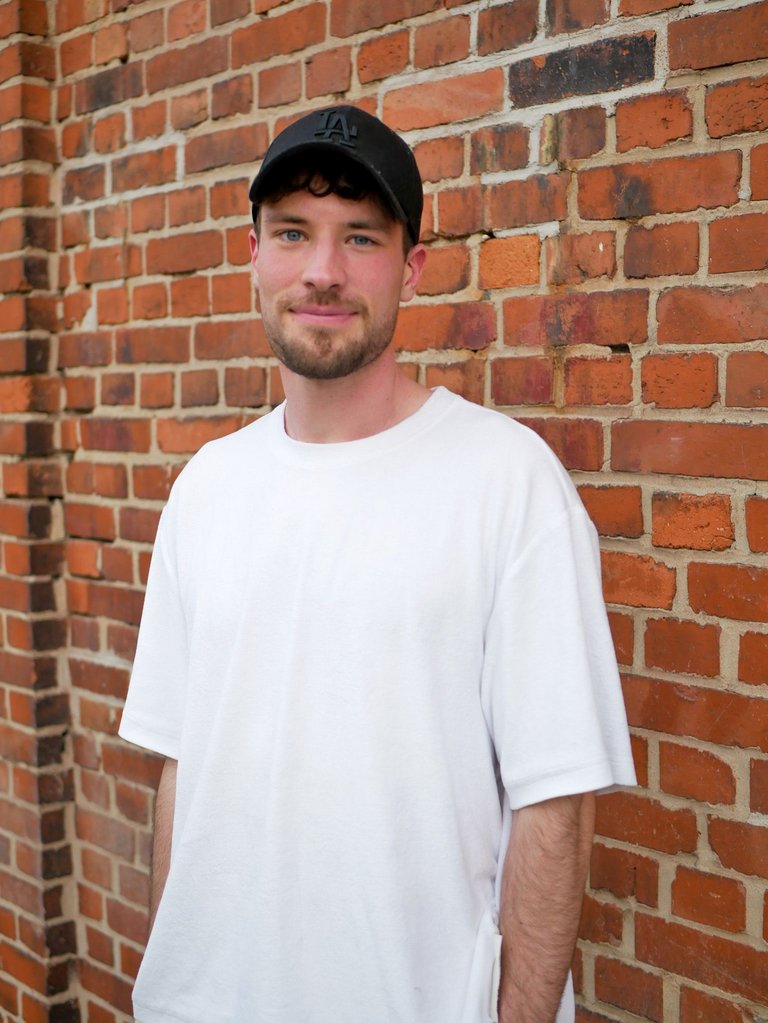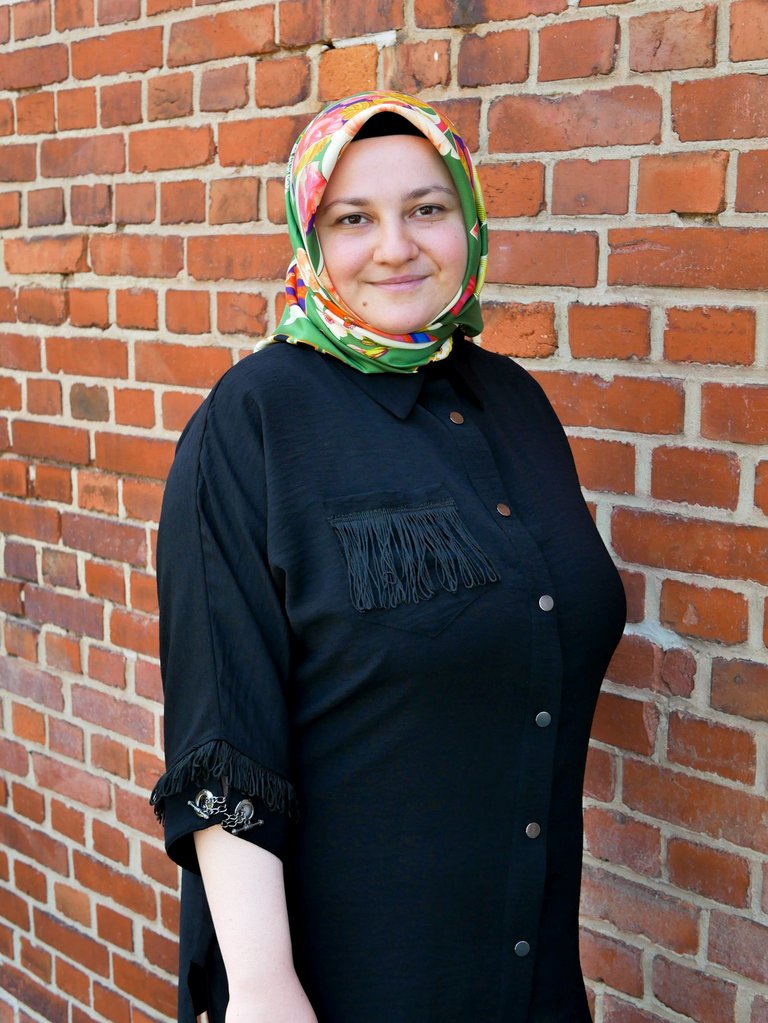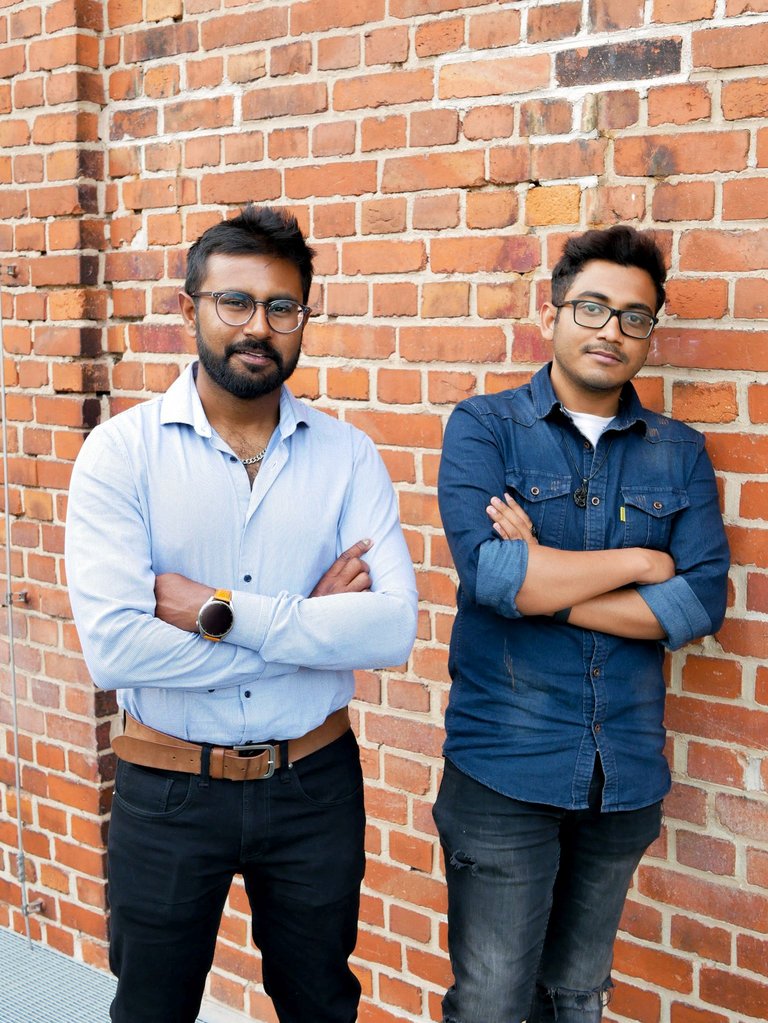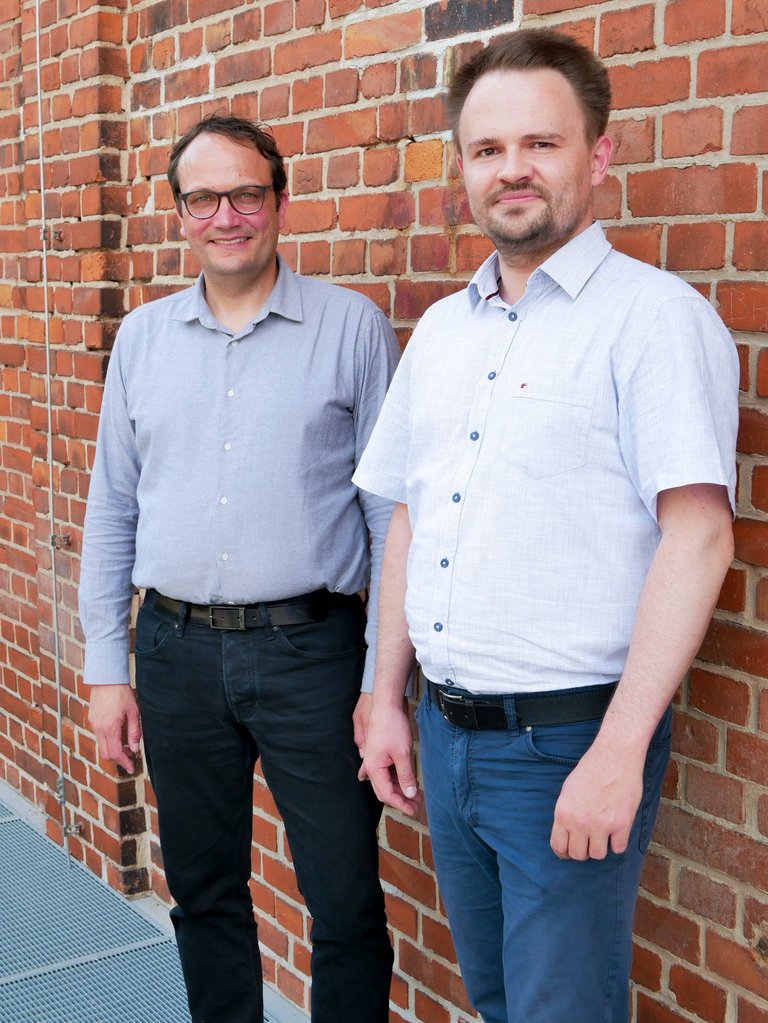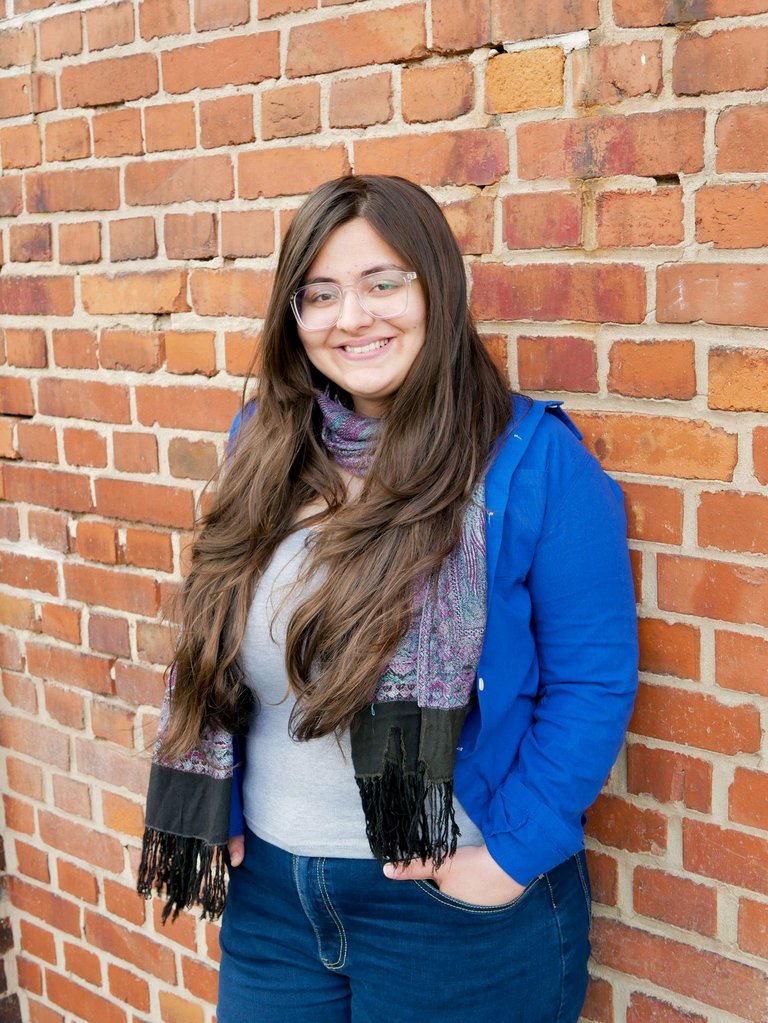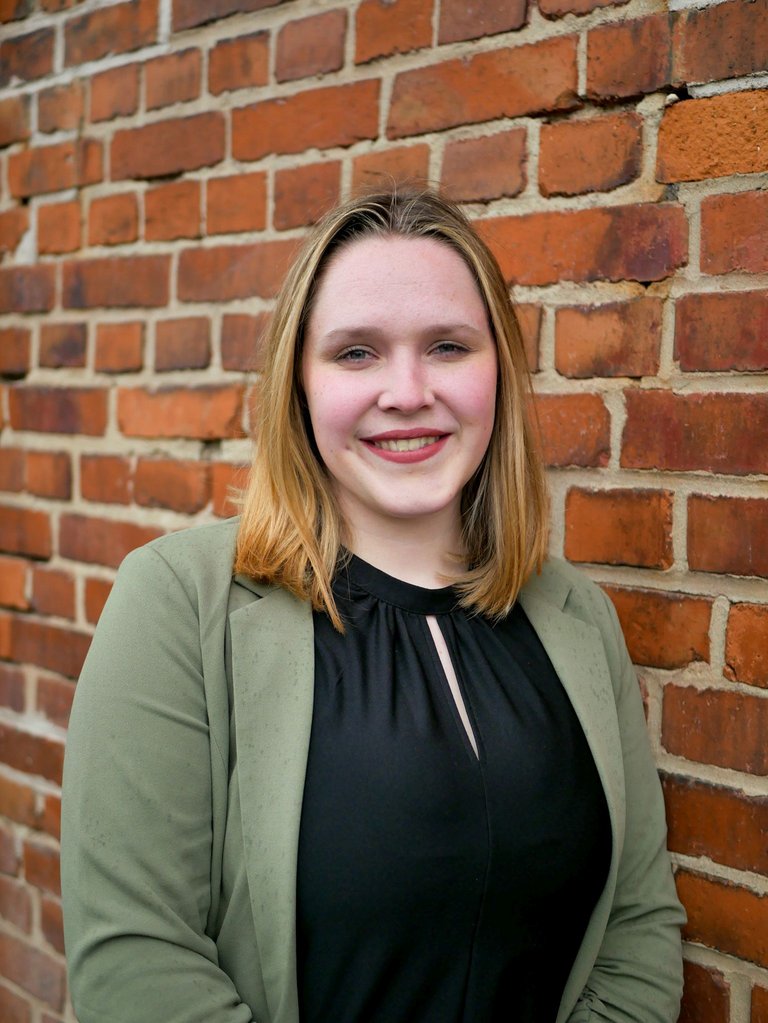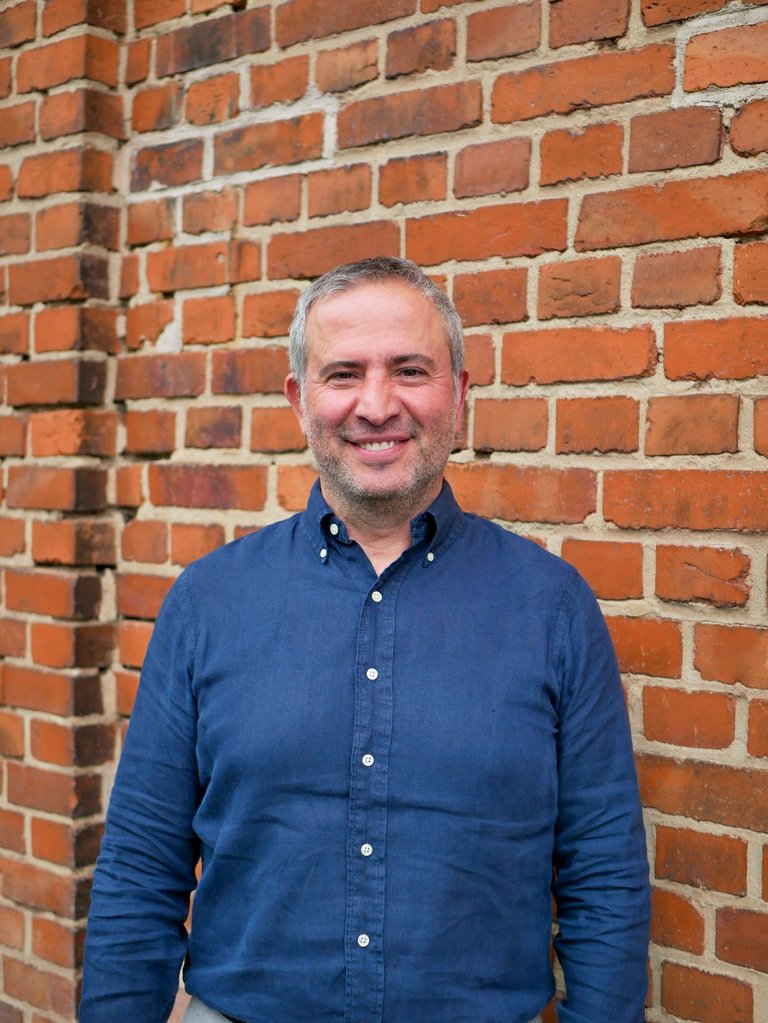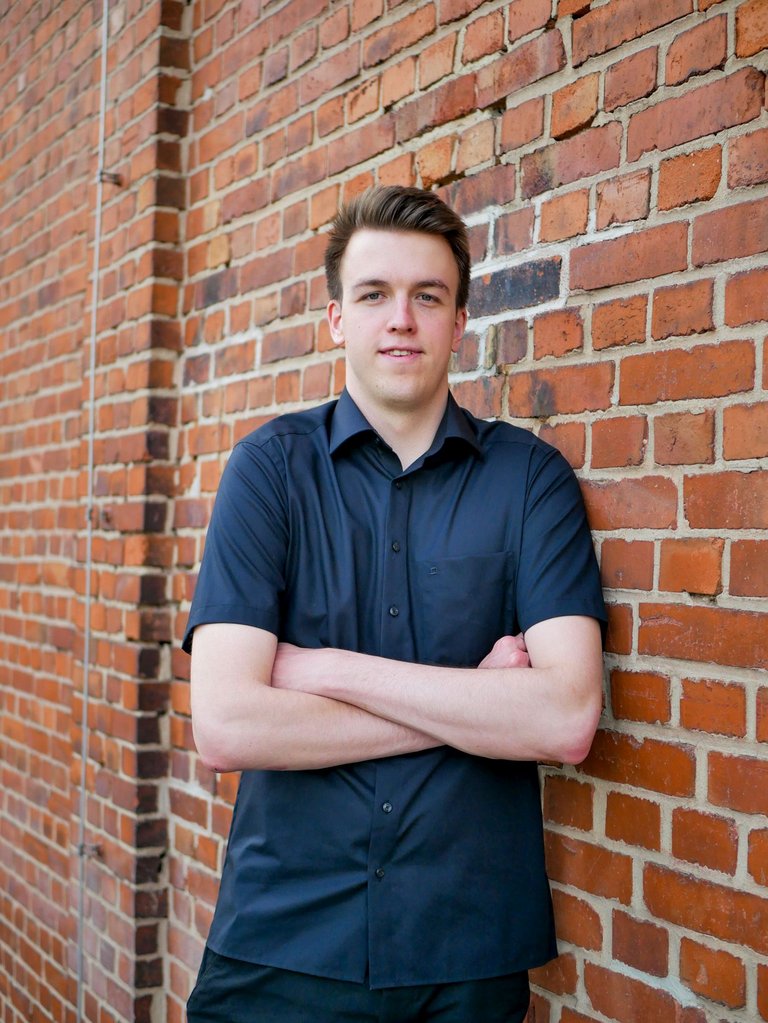With promising business ideas, nine teams qualified this year to take part in the Ilmkubator Class. Since spring, they have been working on the concretization of their projects, which ideally will end with the founding of a company.
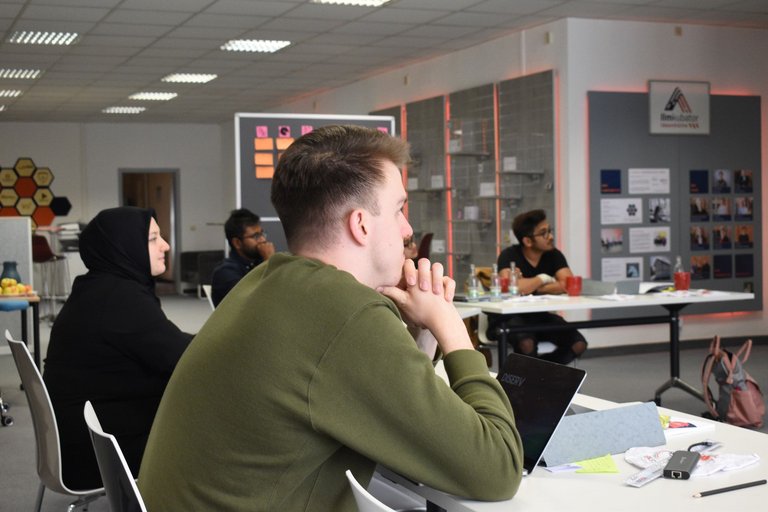
The fourth year of the Ilmkubator Class is characterized by a very broad range of topics. The composition of the teams and the program is also particularly diverse this year: for the first time, the participants include not only students and doctoral candidates, but also a post-doc and a professor. Another novelty: this year, the Ilmkubator Class will be conducted entirely in English. During the application process, it quickly became clear to the Ilmkubator staff that the majority of the applicants were not native speakers of German and that it would therefore be better to convey the content in English. Julia Baumert, the member of staff in charge of the class at the start-up service, therefore decided to translate all the content and to restructure the program in the fourth year. The flipped classroom approach and the use of digital self-study units make it possible to better address the different professional backgrounds and levels of knowledge of the participants.
Despite many innovations, the core of the Ilmkubator Class remains the same: In nine months, prospective founders are prepared for their start-up with knowledge, coaching, networking and the support of the Ilmkubator and its partners. The participants also receive mentors, a material budget and a workplace in the Finnhütten, which is available to them around the clock during the class.
T-shirt design with added value
Oscar Krümmer is studying applied communication science and has already had a taste of start-up life as an employee. Now he wants to start his own shirt label. In addition to appealing cuts and sustainable production, the vision of his project is at the center of his business model: His shirts are to be used as school or group clothing in order to free their wearers from prejudices, to create connections and to create a sense of belonging.
Learning hygiene rules through play with the serious game "Washigo
PhD student Fatma Betül Güres studied architecture as well as game interaction and software development. Her business idea was developed during a seminar, and a demo game is now available: With the online game "Wasigo", which she developed, players can learn simple hygiene rules. In the game, which is based on Asian martial arts, players fight off viruses with the appropriate hygiene techniques, such as washing their hands. The players themselves become active: set up as a VR game, they also have to perform the hand movements in reality. The serious game will later be played mainly by children.
Satellite monitoring for tomorrow's agriculture
The five-member team led by Arnab Bhownik and Pavel Chatterjee has set itself the task of optimizing agriculture of the future and making it tangible. With RiSCe, they want to monitor plants in real time via satellite and help farmers with micromanagement: In this way, precisely tailored actions such as top dressing or additional watering of even small areas can be implemented almost immediately, creating ideal conditions for the plants. They are initially targeting small farms with their idea, but are planning for the long term with a solution that can be used throughout the industry. The team is working with researchers and the German Aerospace Center in Munich to ensure that this is feasible.
The project team also wants to bring producers and consumers together and make agriculture more tangible: To this end, they are relying on a community platform and experience tours to farms in order to gain insights into and understanding of agriculture and agribusiness - worldwide.
High-performance components made from domestic woods
Robert Hartmann and Prof. Dr. Florian Puch from the Department of Plastics Engineering are working to produce high-performance components from domestic woods that conserve resources. To this end, they have chosen an innovative approach that further develops existing composite processes in fiber composite technology and applies them to wood processing.
The idea was developed as part of a research project of the Thüringer Aufbaubank (TAB), in which a laboratory-scale system was also manufactured. Now, within the framework of the Class, work is underway to turn the idea into a viable business model.
Towards a fair and inclusive music industry
Prachiti Thacker is a student of International Business Economics and has also qualified for a place in Class 2023. She wants to start the music label kheyaal, which combines Western and Eastern music and offers fair working conditions to artists. Her experiences in the music industry have shown that musicians are often exploited, not sufficiently informed about contractual issues and paid too little. This is how Prachiti came up with the idea of founding kheyaal and making the music industry fairer. Also, international networking should be promoted and traditional music influences of the global east should be connected with western music.
Care for houseplants made easy
Master's student Jenny Reinhardt has dedicated her project to all those people who lack a green thumb or are simply too busy to take intensive care of their plants: Her smart flower pots use an app and light signal to remind people to water their plants and, thanks to various sensors, adjust individually to the plants. In addition, the flower pots with integrated light sources also serve as indirect lighting for living spaces. With her idea, Jenny Reinhardt won last year's ideas competition held by the Association for the Promotion of the Lighting Technology Department and subsequently decided to apply for the Ilmkubator Class.
AI-assisted monitoring of neurological functions.
Dr.-Ing. Mehmet Eylem Kirlangic is the brains behind the "NeuroBasis Senilis" project: Together with a team of experts, he is developing a system that monitors and evaluates the neurological functions of elderly people. With the help of hardware components such as an EEG device, the brain function of patients is measured. The subsequent, AI-based evaluation can then provide information about the current state of health of patent:ins. - This is a novelty in the type and processing of different data sources. Dr. Kirlangic would like to use it to help older people, in particular, to understand their state of health more easily and to adapt therapies accordingly. In his start-up project, the post-doc also draws on his many years of research at the Technical University of Ilmenau (Department of Biomedical Engineering) and other research institutions.
A digital platform for appointment bookings and services
Why can't you actually just book appointments for services online? Communications student Dennis Hartmann often asked himself this question during his time at Corona. This is how the idea for DISERV came about, an online platform designed to simplify appointment management for customers and service providers. As part of the seminar "Career Orientation: Entrepreneurship", Dennis developed his idea further so that he was able to secure a place in the Ilmkubator Class.
Ilmkubator Class ends in December
In December 2023, the Ilmkubator Class will end with public final presentations of the projects and the participants will say goodbye. In the coming months, however, the first task will be to refine the business ideas and test their feasibility. The participants of the class will be supported by the Ilmkubator start-up service staff, individually selected mentors and other experts.
The Ilmkubator is the start-up service of the TU Ilmenau. Experienced experts support those interested in founding a company in all phases of self-employment - from the initial idea to the actual founding process. In addition to classic start-up consulting, the service portfolio also includes intensive coaching, qualification and teaching offers, networking events, contact mediation and access to and advice on funding opportunities. Students and employees of the TU Ilmenau with particularly promising start-up ideas can apply for the Ilmkubator Class, an intensive support program. Teams and individual founders develop their concepts, business models and first prototypes of their products here within nine months. They are supported by Ilmkubator coaches, mentors and experts.


